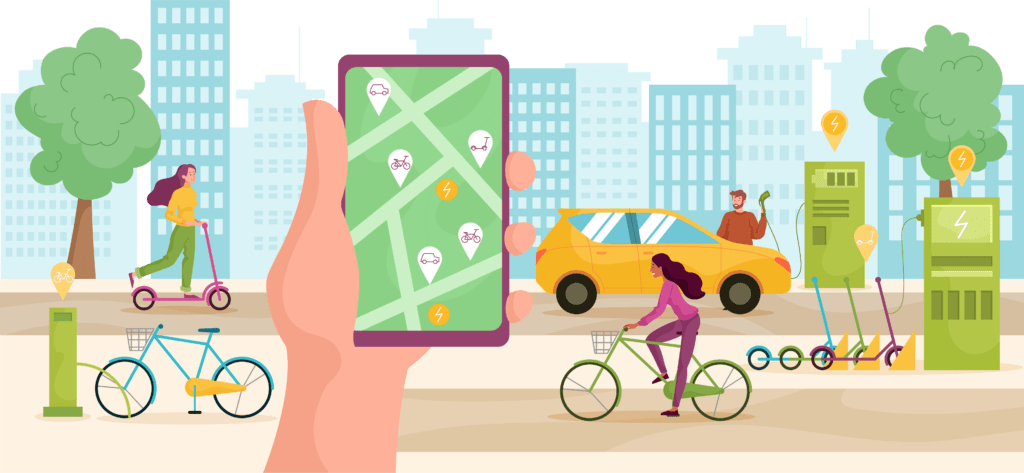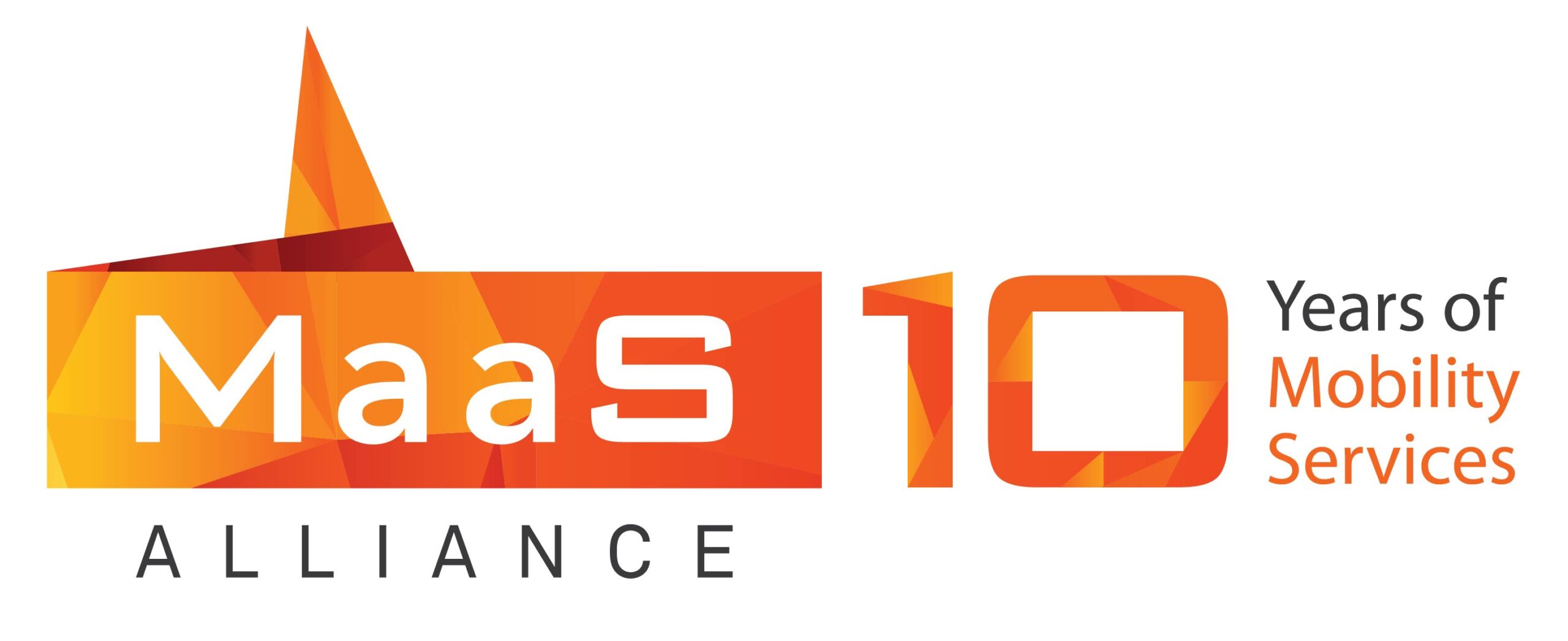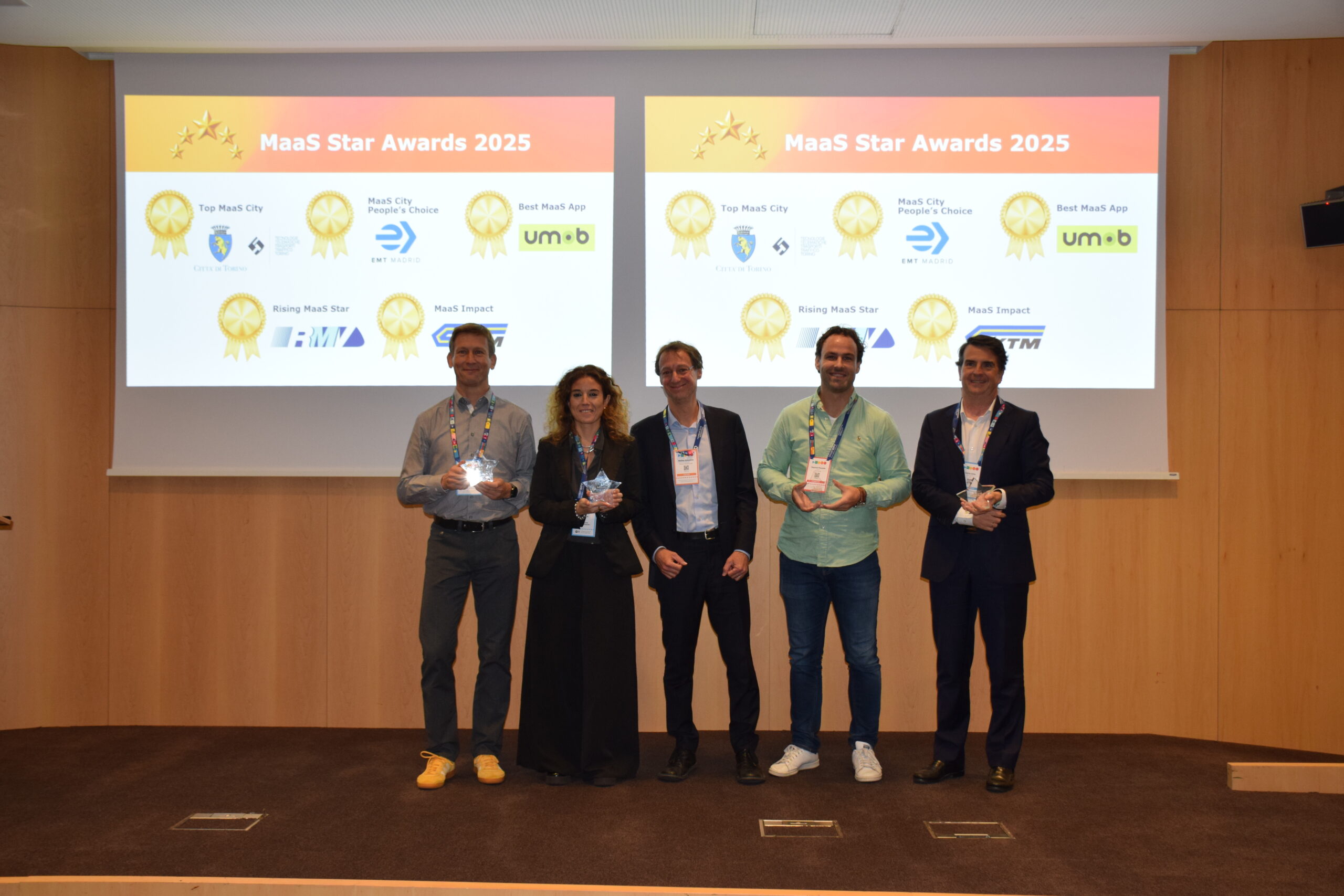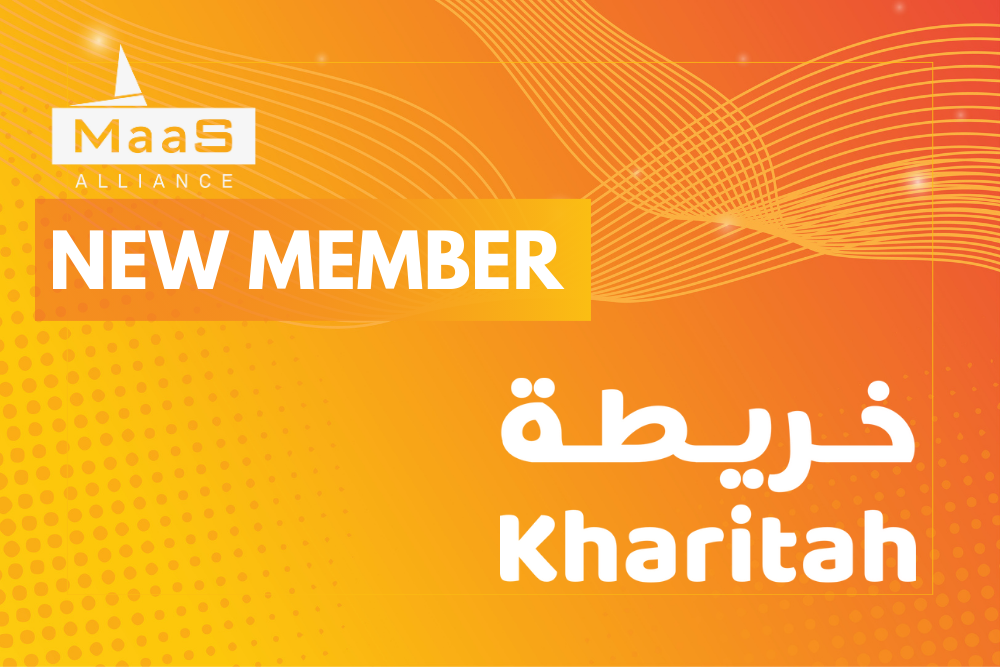
Air pollution is the greatest environmental threat to human health, according to the World Health Organization. Road traffic, as one of the main sources of two of the most harmful pollutants – fine particulate matter and nitrogen dioxide, causes tens of thousands of premature deaths each year in Europe’s cities. However, the European Union’s policies and projects are now helping cities to roll out transport choices that improve air quality and public health, including the EU’s Smart and Sustainable Mobility Strategy which aims to reduce transport emissions by 90 % by 2050.
One of ERTICO-ITS Europe’s core focus areas is Clean Mobility whereby the work of Parters and Projects, including the City Moonshot project, is working on developing methodologies and tools for assessing the CO2 impacts of different smart mobility applications and to create a unique knowledge database, where interviewed cities are able to directly express their needs and interests in how they wish to shape and improve their mobility systems.
The City Moonshot project aims to exploit the opportunities offered by digitalisation, focusing on data sharing; Mobility as a Service (MaaS); and policy priorities on sustainability and the role of transport. With a share of the global population living in cities and megacities that is growing by the day, ERTICO City Moonshot’s results will have a long-lasting and tangible impact and make our cities smarter by improving the way we live and move.
Commission’s strategy support
New mobility services, such as car-sharing, bicycle-sharing and smart public transport, could dramatically reduce private car use and air pollution. These services align with Cohesion Policy 2021-2027 and Green Deal funding for sustainable multi-modal urban mobility, and clean-transport commitments in the New Leipzig Charter. The EU Action Plan: Towards Zero Pollution for Air, Water and Soil recommend actions that link to Horizon Europe research priorities and the New European Bauhaus initiative.
Cooperation between public authorities, the private sector and communities is key to improving air quality and clean mobility – for example, in EU initiatives such as the Urban Innovative Actions (UIA) and URBACT networks. Partnerships in the EU’s Urban Agenda for the EU have identified transport-related actions which cities, residents and other stakeholders can turn into policies and projects to improve public health.
Source: European Commission



